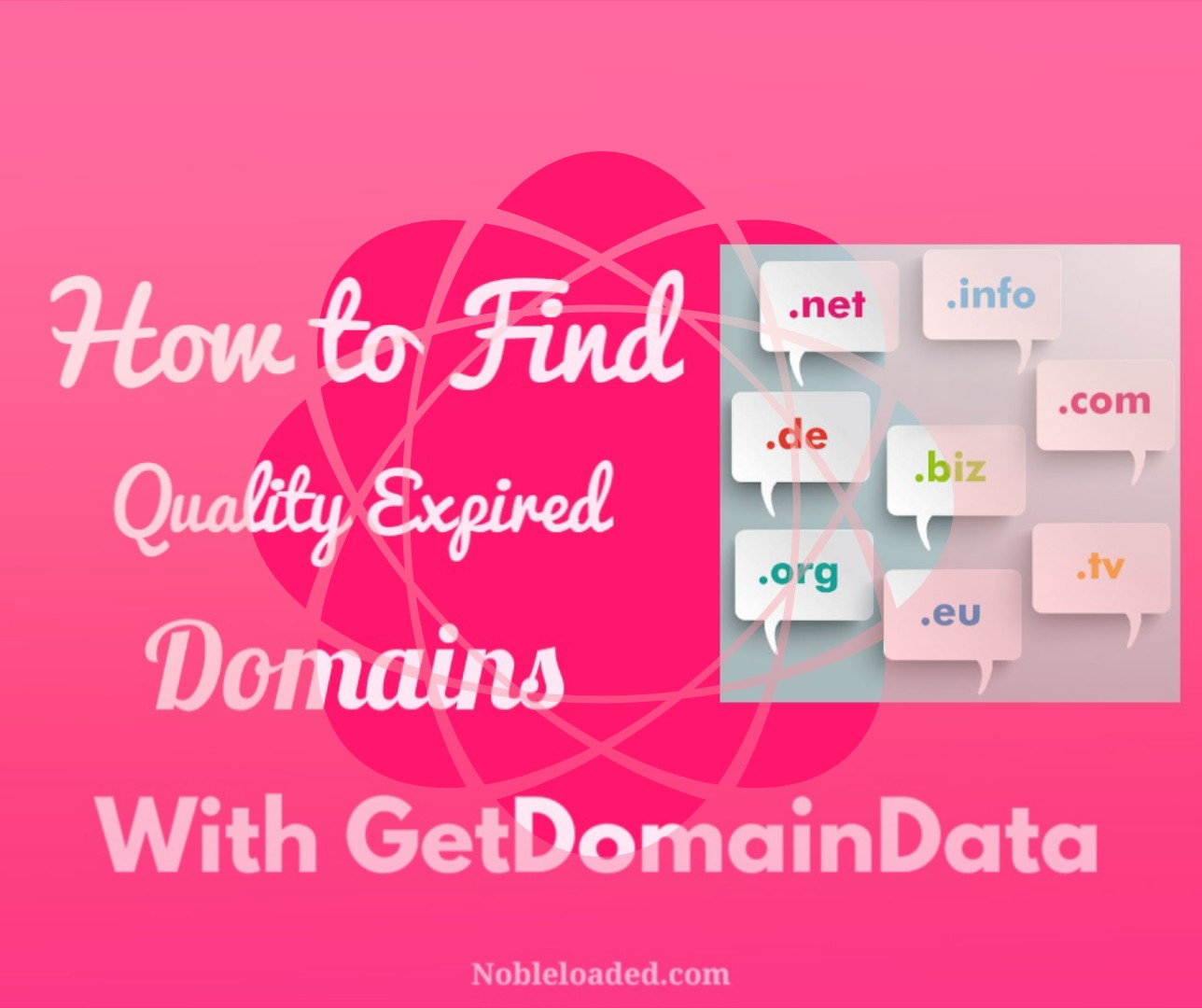SEO has always been a breeding ground for misinformation. With local SEO, this has created a lot of problems for small businesses on main street, trying to follow the rules and keep pace with the changes.

Needless to say, this is a challenge for local business owners.
It’s like diagnosing and treating yourself based on what someone told.
Despite search engines pushing to get better content in front of the people who need it, we’re still seeing a lot of myth and incorrect information surrounding local SEO.
1. Targeting Keywords for Local Search is Irrelevant
Updates like Hummingbird did have a significant impact on the future of search. Hummingbird prompted content products to adopt a new mindset – one that benefits the end-user.
With that said, if keywords are still being used for search, and they’re still showing on the first page of Google, then they still matter.
According to Matt Cutts, 90% of searches were expected to be impacted by Hummingbird. It wasn’t an update like Panda or Penguin. Rather, Hummingbird was a complete revamp of the algorithm.
Rand Fishkin, the founder of Moz, stated that less than 15% of the ranking equation is wrapped up in keyword targeting. Instead, he suggests focusing on offering unique value, rather than unique content, which is what SEO’s tried to achieve before.
Algorithm changes like Hummingbird actually tell us that it’s important to know the reason behind a particular keyword being used and creating content for a local audience that meets that need.
Without keywords, you would never know the searcher’s intent.
According to Brian Dean, “Keywords are like a compass for your SEO campaigns; they tell you where to go and whether or not you’re making progress.”
2. You Can Remove Your Business Listing From Google
Sometimes a business ends up with duplicate listings in Google. I’ve seen and heard recommendations for business owners to claim those additional listings and then delete them from Google’s system using the Google My Business Dashboard.
But “deleting” a business listing from Google doesn’t actually delete it. It does clear all the content including posts, videos, and photos along with any associated AdWords ads.
Then it marks it as an unverified listing.
The listing still exists on Google maps and, provided you didn’t clear category data for the listing; it can still rank.
This is even clearly defined in the Google Help Center:
When you delete a local page, the corresponding listing will be unverified and you will no longer be able to manage it. Google may still retain business information from the page and may continue to show information about the business on Maps, Search, and other Google properties, including marking the business as permanently closed, moved, or open, depending on the information that’s known about the business.
3. Google+ Content and Posts Help Improve Local Ranking
Nope. Even when Google+ was tied into search with the ability to +1 content you found, it still didn’t contribute to local search rank.
There was believed to be social authority involved, but Matt Cutts has already stated social signals are not a ranking factor.
It’s pretty much impossible for Google+ content to pop in search unless someone is specifically looking for a local brand. Your Google+ page doesn’t get included in the local business pack in search, either.
And link posts within your Google+ don’t contribute the way you think they do. Any social links in Google+, Twitter, etc. are no-followed.
You’ll get referral traffic if your audience is active there, but SEO value is a no-go.
4. Using Google My Business Listing Categories Like Keywords
This is one of the most common mistakes up there with having no categories at all.
The categories on your Google My Business profile page are like the sections of the Yellow Pages. It’s how Google knows to display your business for relevant searches.
You want to add a couple relevant categories, with your top category being the primary category for your business.
Don’t go overboard though. Google recommends using as few categories as possible to describe your business.
If you start throwing in irrelevant categories or try using categories like keywords it can hurt your listing.
Conclusion
With the sheer volume of content out there along with the many hats that business owners wear, we shouldn’t be surprised that we still see local SEO mistakes like these. After all, we’re not all perfect.
It’s a learning process, but hopefully these tips can help you avoid the mistakes that others are making as they try to build their local search visibility.
Have you come across any Local SEO mistakes besides the ones I’ve listed?
Recommended: How To Build Natural Backlinks For Your Site/Blog








Many SEO Agencies won't even consider to pay attention on this mistakes.
Nice read